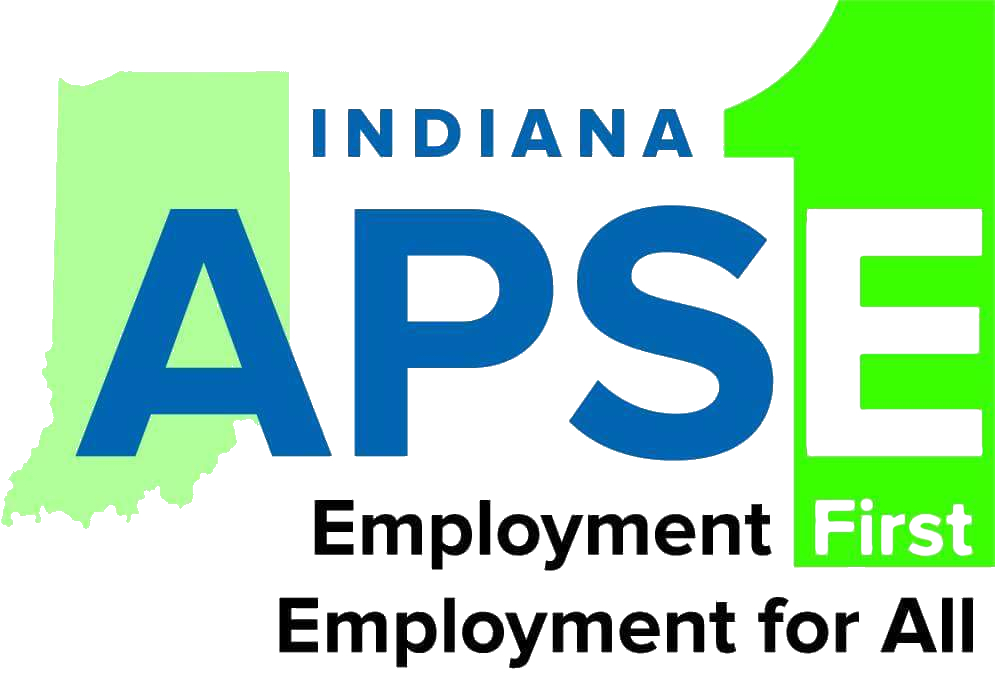Exploring Career Pathways
Exploring Career Pathways
It all starts with the age-old question, “What do you want to be when you grow up?”, sometimes the newer version, “What problems do you want to solve in the world?”. Either way it is phrased, exploring potential careers is an important step in starting a career path.
A myriad of resources exists to aid young people, so much so that it can become confusing where to start! Indiana Career Explorer https://indianacareerexplorer.com/ is the newly updated and upgraded tool supported by the State of Indiana made in collaboration with the Department of Workforce Development, Department of Education, and the Commission on Higher Education. Anyone from kindergarten through adulthood can access this tool with age-appropriate content to help guide them on their career path.
The tool includes three assessments:
· Career Interest Assessment- See what careers match your interests. The assessment only takes a few minutes and will match you with over 750 careers.
· Agile Work Profiler- Agile Work Profiler© provides you with a ranked list of your strengths and interests - your Agilities - as they relate to the workforce.
· Work Values matcher- Think about your work values and rank them in order of importance to you. Identifying your own values will help you know which jobs may be most satisfying to you.
Once the assessments are completed the results can be used to help guide someone through the different career clusters to help narrow down the career path, that may suit them best!
Another important aspect of career exploration is identifying one’s desired lifestyle and relating it to a selected occupation.
Things to consider when thinking about a desired lifestyle and career choice could include:
· Where to live (rural or urban, part of the country, housing style)
· How you spend your free time (hobbies, indoor/outdoor activities, sports, social activities)
· Relationship with family and/or friends
· Material possessions (wants/needs)
· Time
To help identify lifestyle choices, the interactive assessment uses IN Reality, https://www.hoosierdata.in.gov/inreality/, which checks in on how these decisions can impact future career choices as well as how future career choices can impact lifestyle options!
Once career clusters have been identified, another important step in career exploration includes seeking out job shadowing and/or internship opportunities for hands-on learning. Having the opportunity to spend time with people within the field of interest and witnessing the work fist hand is invaluable.
Spending time researching careers now can help to have a more stable career path throughout a person’s lifetime.
The US Bureau of Labor Statics Employee Tenure Summary notes from ages 18-24, the average person holds 5.7 jobs during that six-year span. The some of the major reasons for job change include:
Seeking higher pay
Better benefits and perks
Relocation to a different geographic area
Career advancement
Choosing a less stressful job
Changing career focus
Better work-life balance
More interesting work
Better work schedule
Skills and abilities didn't fit the job
Better alignment between personal values and organizational priorities
The total number of job changes could be lowered with more extensive career research.
It is equally important to review a wide array of career pathways and clusters. Many times, young people have a preconceived or idolized career pathway that includes attendance at a traditional four-year university. Taking scope of other options that do not require a four-year college degree can open doors to a myriad of previously unexplored career options. Technical education, short term credentials, military training and on-the-job training can be an excellent fit for many young people and launch them into a rewarding career that fits their interests, agilities, and work values.
As a career exploration plan is developed, it is important to check back throughout a young persons’ high school career to reevaluate their changing interests, skills, and values. Be sure to gather feedback on past exploration activities, user impute can lead to deeper and more reflective exploration. Assist young people in seeing the connection between future career goals and current learning. By doing this, they will be more actively engaged in their learning and career research.
